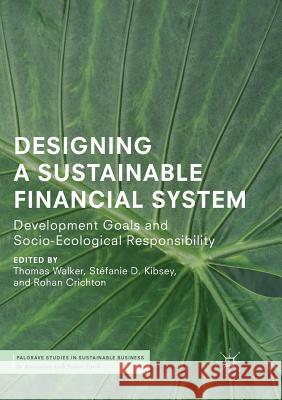Designing a Sustainable Financial System: Development Goals and Socio-Ecological Responsibility » książka
topmenu
Designing a Sustainable Financial System: Development Goals and Socio-Ecological Responsibility
ISBN-13: 9783319882321 / Angielski / Miękka / 2019 / 429 str.
Kategorie:
Kategorie BISAC:
Wydawca:
Palgrave MacMillan
Seria wydawnicza:
Język:
Angielski
ISBN-13:
9783319882321
Rok wydania:
2019
Wydanie:
Softcover Repri
Ilość stron:
429
Waga:
0.52 kg
Wymiary:
21.01 x 14.81 x 2.29
Oprawa:
Miękka
Wolumenów:
01
Dodatkowe informacje:
Wydanie ilustrowane











